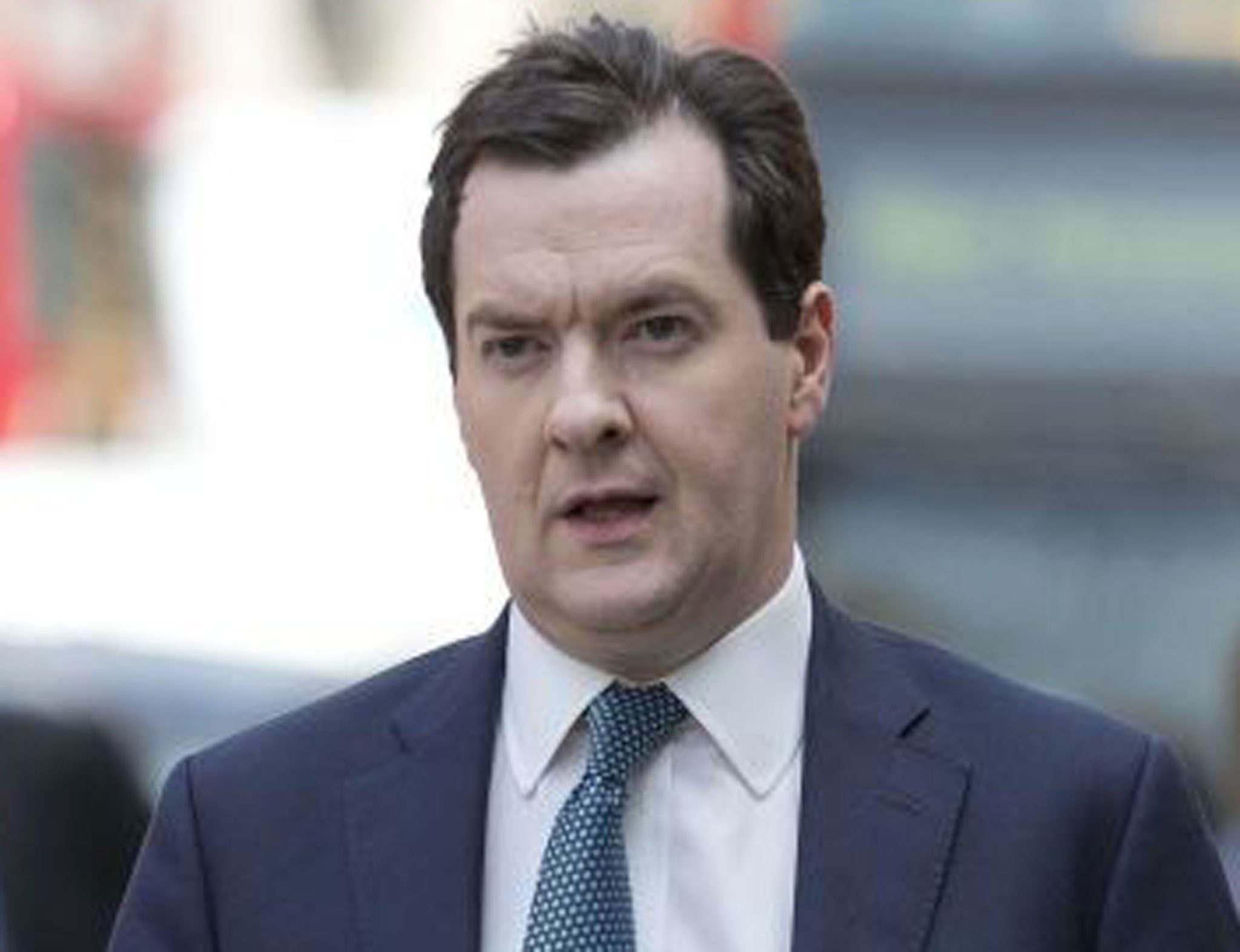Heat still on George Osborne despite Swiss boost easing the pressure

Your support helps us to tell the story
From reproductive rights to climate change to Big Tech, The Independent is on the ground when the story is developing. Whether it's investigating the financials of Elon Musk's pro-Trump PAC or producing our latest documentary, 'The A Word', which shines a light on the American women fighting for reproductive rights, we know how important it is to parse out the facts from the messaging.
At such a critical moment in US history, we need reporters on the ground. Your donation allows us to keep sending journalists to speak to both sides of the story.
The Independent is trusted by Americans across the entire political spectrum. And unlike many other quality news outlets, we choose not to lock Americans out of our reporting and analysis with paywalls. We believe quality journalism should be available to everyone, paid for by those who can afford it.
Your support makes all the difference.Chancellor George Osborne faced more questions over the nation’s public finances today despite a £3.2 billion Swiss tax windfall.
Net borrowing fell sharply to £8.8 billion in May from £15.6 billion a year earlier thanks to the payout, as well as the £3.9 billion transfer back to Treasury coffers of interest on the Bank of England’s bond holdings built up under its £375 billion quantitative easing programme.
Under a deal struck with Swiss tax authorities, which came into force in January, the undeclared deposits of UK residents held in Swiss banks became liable for taxation, heralding a big one-off payment. Switzerland made the first downpayment of £342 million in January with the rest of the cash, estimated by the Office for Budget Responsibility at £3.2 billion, counted this month.
But stripping out the flattering effects of both factors, the nation’s underlying deficit is marginally higher than last year. The figures put a dampener on much better recent news on the economy and come just days before the Chancellor sets out austerity plans for 2015-16 in next week’s spending review.
Capital Economics chief UK economist Vicky Redwood said: “With borrowing still at very high levels, next week’s review is a reminder of how much austerity still lies ahead.
“Indeed, the review will detail how only a fraction of the pain that still lies ahead will be achieved. Accordingly, the economic recovery still faces an uphill battle to establish itself against the continued drag from the public sector.”
The figures also revealed that the deficit rose last year despite the initial figures published with the Budget, which showed a marginal fall.
Revisions to the figures showed that, excluding the impact of bailouts, the deficit in 2011-12 was £118.5 billion. Last year, stripping out the £28 billion transfer of assets from the Royal Mail Pension Plan and further QE proceeds from the Bank of England, the deficit was £118.8 billion.
The Chancellor is aiming to hit a £120 billion borrowing target this year.
IHS Global Insight economist Howard Archer said: “He will be fervently hoping that the economy can extend and build on its recent signs of improvement. If it can, it will not only increase the chances of beating the fiscal targets for 2013-14 but make it easier for the Chancellor to rebut any further calls for an easing up in the pace of fiscal austerity.”
Britain’s total net public debt, excluding the direct costs of bailing out the country’s banks, is still much higher than before the financial crisis at £1.189 trillion, a staggering 75.2 per cent of GDP. This is a record sum in cash terms, and the highest share of GDP for May.
A Treasury spokesman said: “The Government is taking tough decisions to deal with the deficit: today’s data shows that borrowing is lower than was previously predicted.”
Join our commenting forum
Join thought-provoking conversations, follow other Independent readers and see their replies
Comments